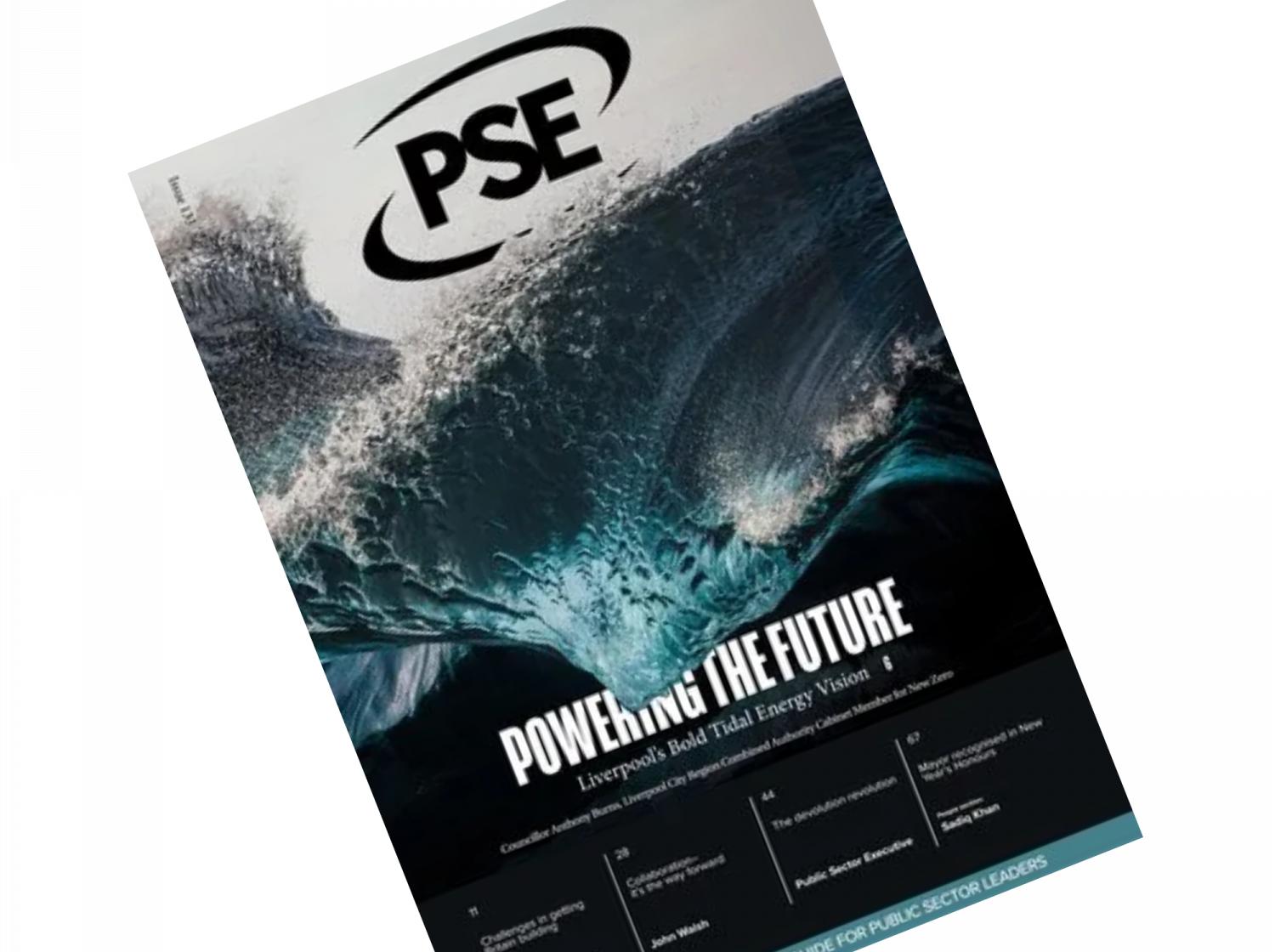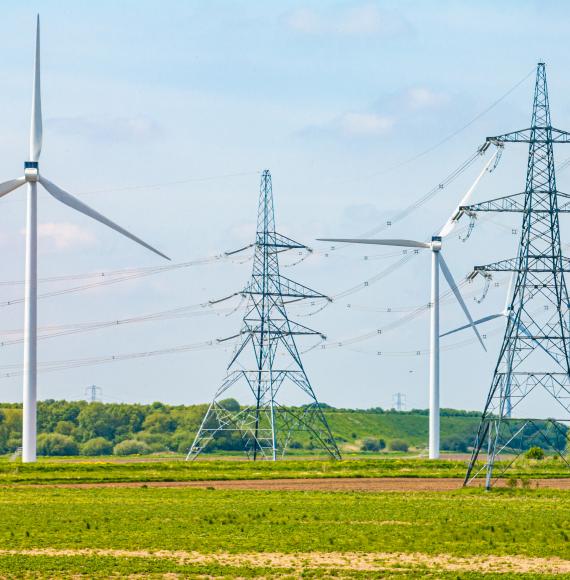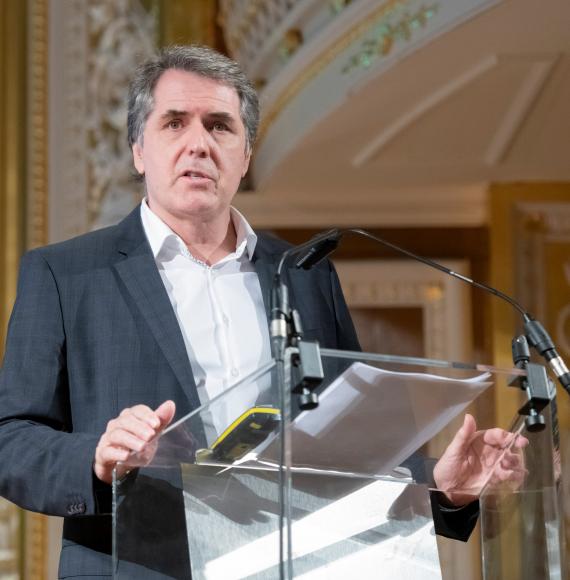The Department for Business, Energy and Industrial Strategy has announced that a review has been launched to focus on how the UK’s net zero ambitions can maximise economic growth, whilst also ensuring energy security and affordability.
The review is to be led by former Energy Minister Chris Skidmore MP, after being commissioned by Business and Energy Secretary Jacob Rees-Mogg. The aim of the review is to identify new ways that the government can deliver the legally binding net zero target by 2050, in a way that is pro-business and pro-growth. The review is to examine:
- What the most pro-business, pro-growth and economically efficient path to reaching net zero is.
- How to maximise the economic opportunities that the target presents as well as increased innovation, investment, exports and jobs.
- What the economic costs and benefits are associated with new and emerging policies and technologies.
The government originally published its Net Zero Strategy last year, however a lot has happened in the world that has drastically altered the “economic and political landscape,” meaning this report is likely to prove important in getting the net zero journey right.
Chair of the Net Zero Review, Chris Skidmore, said:
“The UK continues to lead the world on tackling climate change, having been the first G7 country to commit in law to net zero carbon dioxide emissions by 2050.
“This review seeks to ‘double down’ on how we can ensure that our energy transition happens at the same time as maximizing the economy opportunity for businesses and households across the country, providing huge opportunities for innovation, investment, exports and jobs. I want to ensure that net zero isn’t just viewed as the right thing to do for our environment- but becomes an essential driver of economic growth.
“I’m kicking off a 3-month review today to find the best ways of making this happen - speaking to as many people in as many sectors and regions as possible, to ensure the review generates fresh policy ideas that can ensure we deliver a ‘big bang’ moment for net zero.”



















